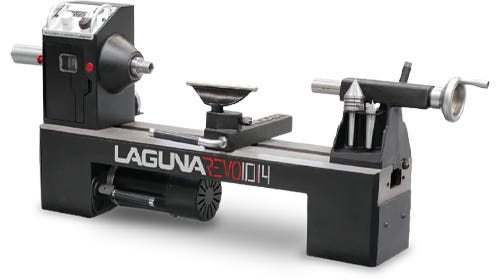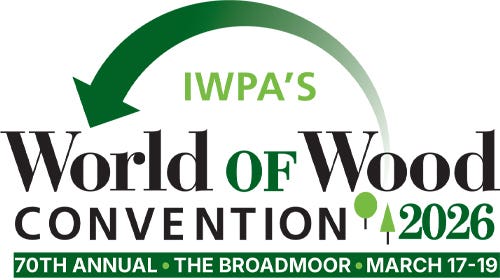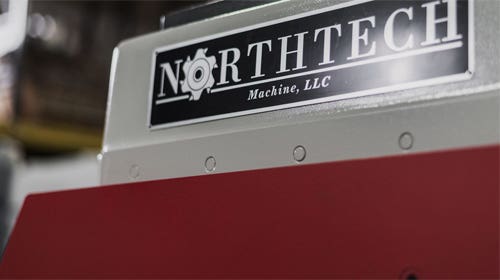WoodLINKS turns its focus to fundraising
Steve Ehle, recently named interim national director for WoodLINKS USA, says fundraising is one of his top priorities. The extra money is needed to increase awareness of the organization, which…
Steve Ehle, recently named interim national director for WoodLINKS USA, says fundraising is one of his top priorities. The extra money is needed to increase awareness of the organization, which is an industry/educational partnership dedicated to providing the wood industry with skilled workers.
“We want to raise enough funds so we can operate at the level we were operating at two or three years ago where we were much more visible. The lack of funding has also hindered our ability to recruit new schools. Years ago, we would try to visit nearly every one of our member schools nationwide at least once a year. We need to support the travel costs for that, and also for attending trade shows and annual conventions,” says Ehle.
In March, the WoodLINKS USA board decided to divide the management duties of the program by creating a new position for former national director Mark Smith, now the national education coordinator.
“We feel our decision is a win for everyone. Our goal is to take advantage of the particular skill sets of Steve and Mark,” says board member Dave Peel.
Ehle’s role is to focus on building relationships and raising money across the woodworking industry, abilities the board saw in him because of his extensive experience. He has been involved with the wood industry for 25 years, dealing with suppliers and manufacturers, and writing for trade publications. He has also been coordinating the WoodLINKS Wisconsin chapter for the last 12 years.
“The major task here is fundraising. We’re going back to our supporters and give them an update on what’s happening with WoodLINKS USA and asking for a commitment. The other thing is we’re looking for new funding sources either through foundations or other non-profits that have programs to fund non-profits like us, or through trade associations, especially those that manufacture secondary wood products, because they are the ultimate beneficiaries of what we’re trying to do.”
Ehle says there is no specific fundraising goal, but he will approach large industry trade organizations to see what’s available. These include longtime supporters such as the IWF, AWFS, Architectural Woodwork Institute, National Home Furnishings Association, Wood Component Manufacturers Association, Wood Machinery Industry Association and the Wood Machinery Manufacturers Association. In addition, private manufacturers donate to member schools and directly to WoodLINKS.
Smith, a former high school shop instructor, will take charge of working with the 75-plus WoodLINKS USA schools. He says he’s happy with the changes and thinks they will make the organization stronger since he’s familiar with the idiosyncrasies of the education system, the decision makers, and how things work financially, culturally and legally.
“I’ll focus on the needs of the teachers as far as the curriculum goes, certification and working with them to develop industry partners — all of the things to help the teachers produce our end product, which are students who want to go into the wood industry,” says Smith.
Smith says the biggest challenge the organization faces is the economy, where across the nation some educational programs are facing budget cuts.
When asking schools to join WoodLINKS, Smith says he will continue to make the point that they will have an industry-recognized certified program for students that will help with state and federal funding. Another incentive is donations, with new member schools receiving about $230,000 worth of woodworking supplies for their shop programs.
For information, visit www.woodlinksusa.org.
This article originally appeared in the July 2011 issue.







